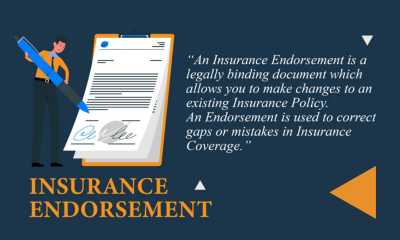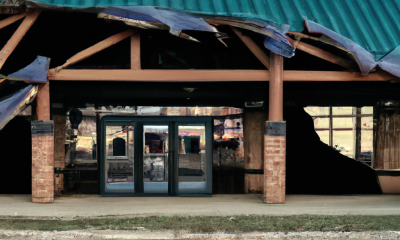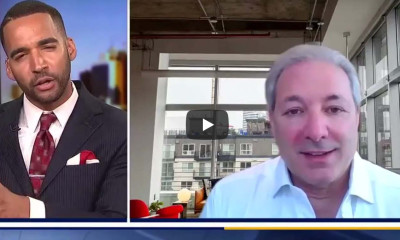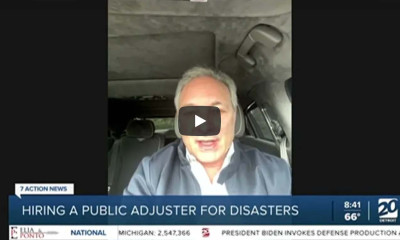Every day, insurance agents help craft and put into place the right insurance coverage for commercial property and business owners.
But buying commercial property insurance is different than using your insurance. In the event you have to use your insurance — that is, you’ve suffered commercial property damage — a whole new set of rules, regulations and timeframes come into play. The terms of your insurance policy places the responsibility squarely on you, the policyholder, to prove and substantiate your claim.
This realization can be frustrating, intimidating, and may leave you feeling helpless when you are thrown into the complex world of a commercial property insurance claim. Below are three reasons to help you understand why your agent is limited in his or her ability to help you with your claim, and where you can find the help you need.
Agents Work in the Front of the House
Compare the insurance industry to a restaurant. There’s the “front of the house,” where a trained staff sells the customers what they want. And there’s the “back of the house,” where the chef, prep crew, and dishwashers toil to make everything about the meal look appetizing.
Agents work in the front of the house. And they work hard to provide a quality service for their commercial insurance customers. But expecting them to do it all — take your order, prepare your meal, and do your dishes — is a setup for disappointment.
Insurance Carriers Control the Claim Process
Filing a commercial insurance claim is like playing a game with someone who knows the rules far better than you, and they are not required to tell you how to play.
When you report your loss, which your insurance policy requires you to do promptly, you are passed immediately to the Claims Department — a division within the insurance company designed exclusively to protect the interests of the carrier, not the policyholder.
The insurance company’s claims adjuster will investigate your loss, which you are required by your policy to allow. He or she also will create an estimate of your damages, recommend vendors and contractors from within the carrier’s network for your repairs, and make a settlement offer. Your policy assumes you will provide your own proof, too.
Your Property, Your Responsibility
It may seem like your agent and/or insurance company should have to help you achieve a fair settlement when your commercial property is damaged. After all, you buy insurance so you will be compensated if you have a loss. But it’s your property, and therefore your responsibility, to determine what your damages are worth.
Filing a commercial property insurance claim is like any other major undertaking — you get out of it what you put into it. And there is much that goes into making sure you get the settlement you deserve:
- Read and understand your entire policy, not just the Declarations Page(s).
- Meet all the contractual obligations and deadlines in your policy.
- Document your damages with numerous and detailed photos, video and written descriptions.
- Determine how best to apply your policy coverages and endorsements.
- Gather estimates for the replacement or repair of buildings, inventory, equipment, etc.
- File all the necessary documents.
- Prove and defend your valuations for damages.
- Negotiate settlement amounts for damage to your building(s); FF&E (furniture, fixtures and equipment); additional incurred expenses; and, if endorsed to the policy, business interruption losses.
Public Adjusters Level the Playing Field
Ensuring a full and fair settlement for your damages takes time and requires you to become a master of many things — policy interpretation, mitigation, documentation, restoration, valuation, negotiation — all while you’re preoccupied with putting the rest of your life back together.
Your insurance carrier will maintain control of your claim process, but they cannot require you to go through it alone or force you to accept less than your damages are worth. You always have the option to consult with a licensed public insurance adjuster, which, in effect, serves as your own Claims Department.
Business Owner’s Guide to Getting the Most for Your Property Insurance Claim
Dealing with a disaster recovery for your business is no easy task. Download our Disaster Recovery tips as a resource to help you through the turmoil.














